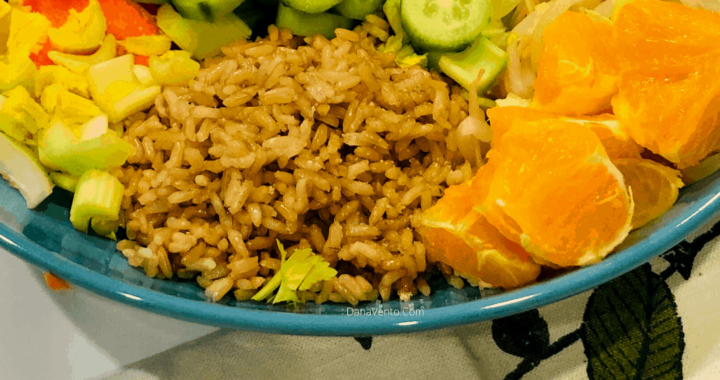seaweed benefits
2 min read
Marine vegetables, such as seaweed, contribute to your weekly vegetable intake, which is 17.5 cups for women and 21 for men, according to the U.S. Department of Agriculture. Like many other vegetables, seaweed is low in calories — a cup of either raw kelp or wakame seaweed, for example, contains slightly less than 20 calories. Eating seaweed benefits your health, because the marine vegetables provide a rich source of essential nutrients.
Vitamin K
Seaweed provides a source of vitamin K, a fat-soluble nutrient. Vitamin K communicates with platelets, the type of cells that form blood clots. When you develop an injury, vitamin K helps send a chemical signal that tells your platelets to aggregate and form a blood clot, so that your body can stop the flow of blood from your wound. Some types of seaweed can help you reach your daily recommended vitamin K intake of 90 micrograms for women or 120 for men. A cup of kelp contains 26.4 micrograms of the nutrient — 29 or 22 percent of the daily vitamin K requirements for women or men, respectively. Wakame contains less vitamin K — 2.1 micrograms per cup — while dried spirulina contains 1.8 micrograms per tablespoon.
Calcium
Adding seaweed to your diet also helps you modestly boost your intake of calcium, an essential mineral. Most of your body’s calcium goes toward keeping your bones and teeth strong — calcium makes up part of hydroxyapatite, the mineralized tissue that comprises a large portion of your bones. Smaller amounts of calcium also help your muscles contract, aid in cell communication and contribute to nervous system function. Both kelp and wakame contain around 60 milligrams of calcium, or 6 percent of your daily calcium requirements.
Iron
Sea vegetables, including a few varieties of seaweed, contain iron. Iron helps you produce energy needed to fuel your day-to-day activities, and also helps nourish your circulatory system to improve blood flow to your tissues. Low iron levels cause iron-deficiency anemia, a condition characterized by decreased energy levels, a pale complexion and shortness of breath. A cup of kelp or wakame seaweed offers 1.1 or 0.8 milligram of iron, respectively, while each tablespoon of dried spirulina provides 2 milligrams of the mineral. Incorporate seaweed into your diet to help you reach the 8 milligrams of iron required daily for men, or 18 milligrams for women.
Cooking with Seaweed
Seaweed makes for healthy soups and salads. Use kelp or wakame with sesame oil, freshly grated ginger and sesame seeds for a healthy salad, or cook the seaweed in miso broth along with marinated tofu as a nutrient-dense soup. Up your consumption of dried spirulina by adding the seaweed to smoothies or soups — this type of seaweed is rich in protein, and each tablespoon also boosts your protein intake by 4 grams. Alternatively, try mixing spirulina into spreads, such as hummus, for use in sandwiches.




